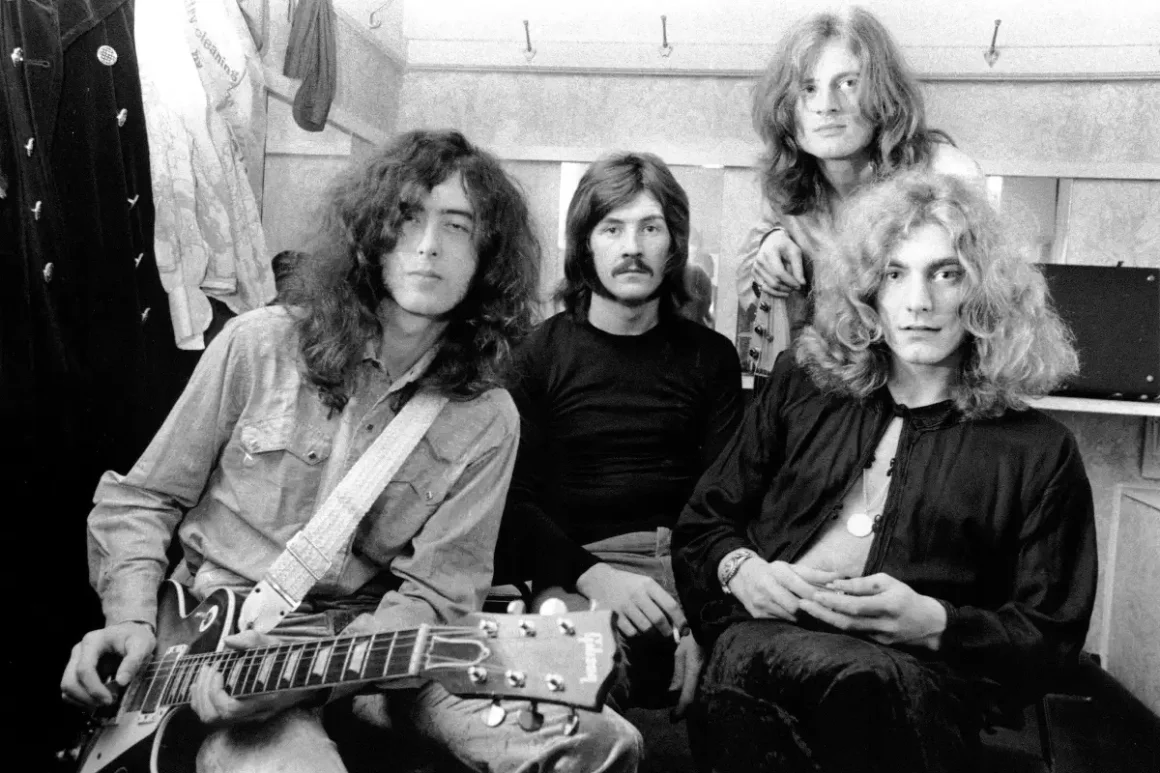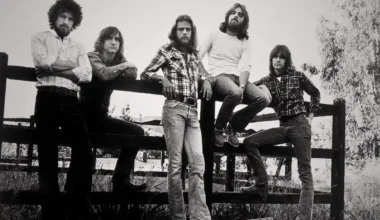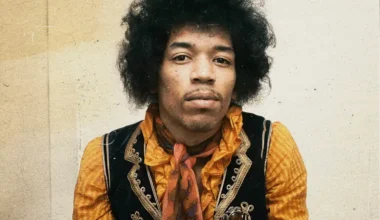Few bands have been as involved in plagiarism accusations as Led Zeppelin, and every part of the band’s music has been examined to the point of extreme struggle. While some creative similarities may be coincidental, the conversation about artist borrowing followed them around.
Throughout eight studio albums, Led Zeppelin established a dynasty and soared to the pinnacle of the musical world. They openly embraced their influences as a badge of honor but occasionally went too far, never concealing their musical inspirations.
The controversial subconscious technique doesn’t detract from Led Zeppelin’s enduring canon of music created during that period. Furthermore, when it came to live performances, few could match Jimmy Page, John Paul Jones, John Bonham, and Robert Plant. Putting up a dazzling concert does not excuse them from ripping off others.
Five times Led Zeppelin ripped off other artists:
‘Bring It on Home’
Accusing Led Zepellin of stealing off Willie Dixon on ‘Bring It on Home‘ seems harsh, but the courts were not so kind to the band. The song came on their second album, Led Zeppelin II. Dixon, on the other hand, had recorded the attempt six years earlier, in 1963, and was outraged when he heard their version.
Zeppelin consciously respected Sonny Boy Williamson’s take in the opening and outro but never sought Dixon’s permission. The band’s claim that it was an homage failed in court. They were obliged to pay an undisclosed monetary settlement and credit him as a songwriter on future ‘Bring It On Home’ recordings.
‘Black Mountain Side’
The instrumental effort ‘Black Mountain Side‘ appears on Zeppelin’s debut album, not just the title, identical to Bert Jansch’s ‘Blackwaterside‘. Jimmy Page has always expressed his admiration for Jansch’s work, but he overdid it on this occasion.
Jansch told Classic Rock in 2007: “The thing I’ve noticed about Jimmy [Page] whenever we meet is that he can’t look me in the eye.” He elaborated on an explanation for this behavior, saying, “Well, he ripped me off, didn’t he?” Let’s just say he learned from me. I don’t want to sound impolite.”
While Jansch could have easily sued the band, he chose to let the matter go.
‘Whole Lotta Love’
Musically, ‘Whole Lotta Love‘ is a wholly original piece. According to Robert Plant, the lyrics were a “nick“. Again, they’d stolen from Willie Dixon. Dixon penned the 1962 song ‘You Need Love‘ for Muddy Waters, which was also performed by The Small Faces and is the source of the claim. The dispute was eventually settled between the duo in 1985, and Dixon earned another paycheck.
Plant was completely open about the obvious theft, telling Musician Magazine that “Page’s riff was Page’s riff. It existed before anything else. I just thought, “Well, what will I sing?” That was it, Nick. Now gladly paid for. At the time, there was a lot of discussion on what to do. It was determined that it was so far out in time and impact that… well, you only get caught when you succeed. That is the game.”
‘Babe I’m Gonna Leave You’
The original version of this song was written in the 1950s by singer-songwriter Anne Bredon while she was a University of California student. After Joan Baez recorded a live version of the song in 1962 titled “Baby I’m Gonna Leave You,” it started to be covered in folk circles. Eventually, it made its way to Jimmy Page.
Page once remarked, “I used to do the song in the days of sitting in the darkness playing my six-string behind Marianne Faithfull.” Page would frequently play the song anytime he had friends around his house.
At first, Page was credited with the arrangement by Led Zeppelin, who claimed the song was traditional. They did, however, come to an understanding after Bredon heard their rendition of “Baby I’m Gonna Leave You” in the 1980s.
‘The Lemon Song’
‘The Lemon Song‘ began as a cover of Howlin‘ Wolf’s ‘Killing Floor’ during their live concerts. It evolved into something new, although they initially failed to give Wolf the respect he deserved.
In actuality, several mistakes were made in the pressing plant, which was listed as ‘Killing Floor‘ on Led Zeppelin II. In 1972, a lawsuit was filed, and the organization lost again. They were ordered to pay Wolf an unknown amount and to credit the singer as a co-writer on future releases.








